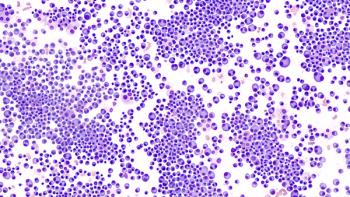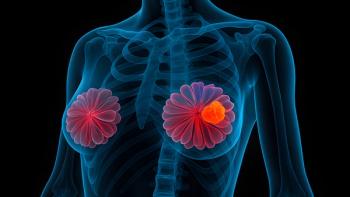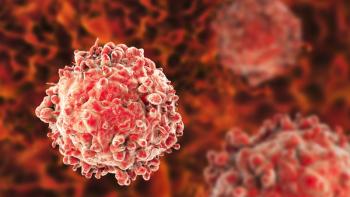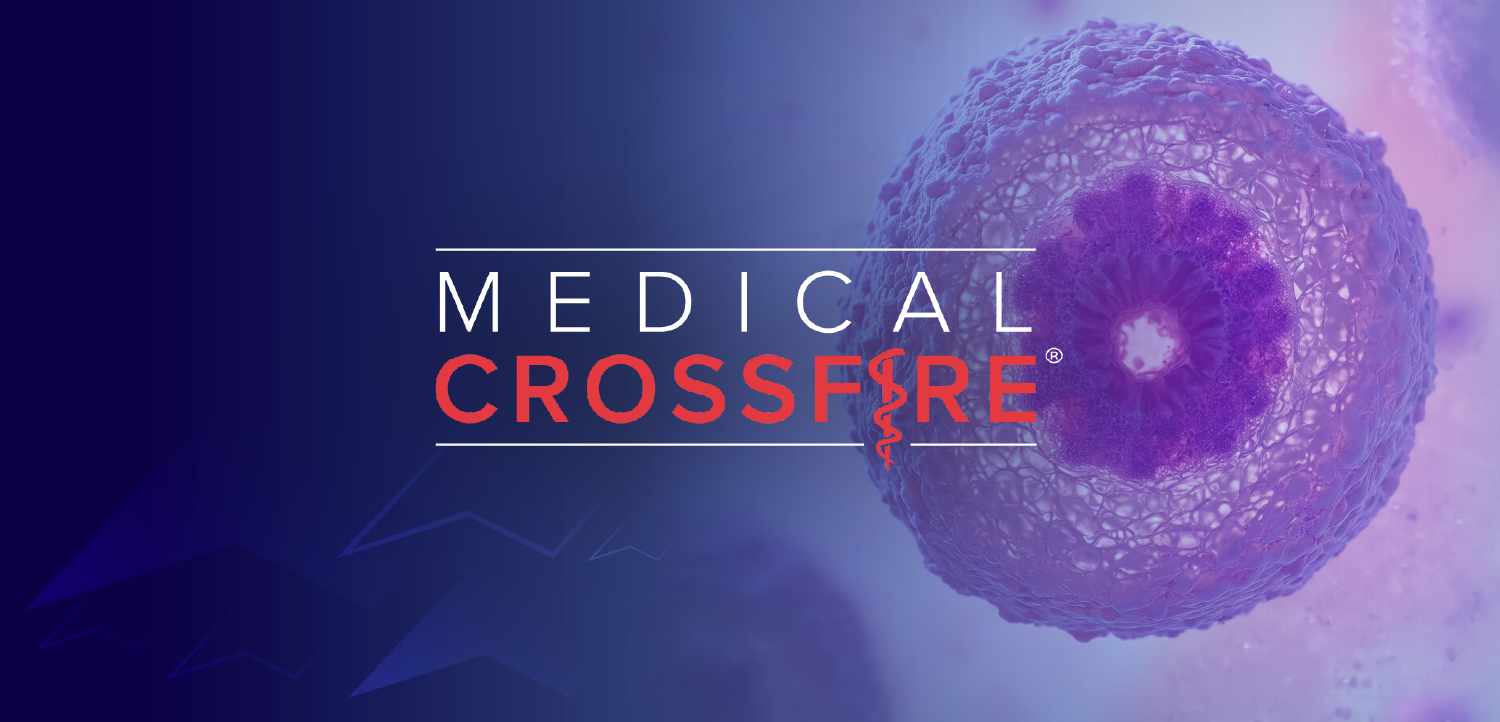
FDA Approves Oral SERD Elacestrant for ESR1-Mutant ER+, HER2– Metastatic Breast Cancer
The FDA has granted an accelerated approval to elacestrant (Orserdu) for the treatment of patients with estrogen receptor–positive, HER2-negative advanced or metastatic breast cancer following at least 1 prior lines of endocrine therapy.
The FDA has granted an accelerated approval to elacestrant (Orserdu) for the treatment of patients with estrogen receptor–positive, HER2-negative advanced or metastatic breast cancer following at least 1 prior lines of endocrine therapy. The approval is supported by data from the phase 3 EMERALD study (NCT03778931).1
The investigational oral selective estrogen receptor degrader (SERD) was evaluated among patients with ESR1-mutant disease (n = 115) vs standard-of-care (SOC) endocrine therapy (n = 113) of either fulvestrant or an aromatase inhibitor. The median progression-free survival was 3.8 months (95% CI, 2.2-7.3) vs 1.9 months (95% CI, 1.9-2.1) with the SERD and SOC, respectively (HR, 0.55; 95% CI, 0.39-0.77; P = .0005).2 The overall survival outcomes were not statically significant (HR, 0.90; 95% CI, 0.63-1.30).2
An exploratory analysis of patients without ESR1-mutant disease reported a 14% reduction in the risk of disease progression of death with elacestrant, indicating that improvements in the overall population were attributed to the ESR1-mutant population on study.1,2
The label comes with a warning for dyslipidemia and embryo-fetal toxicity and patients should be advised to avoid breast feeding when taking elacestrant. Additionally, those with severe hepatic impairment of Child-Pugh C should avoid the SERD, whereas those with Child-Pugh B disease should receive a reduced dose.
The most common reported all-grade adverse events (AEs) with elacestrant included musculoskeletal pain (41%), nausea (35%), fatigue (26%), vomiting (19%), decreased appetite (15%), diarrhea (13%), headache (12%), abdominal pain (11%), and hot flush (11%). In terms of all-grade laboratory abnormalities, cholesterol increase (30%), aspartate aminotransferase increase (29%), triglycerides increase (27%), and hemoglobin decrease (26%) were the most common. The most common grade 3 event was musculoskeletal pain (7%).
The agent is administered as a once daily 345 mg tablet, taken whole not chewed, crushed, or split prior to swallowing with food, and should be administered at approximately the same time each day.2
Fatal AEs occurred in 1.7% of patients and included cardiac arrest, septic shock, and diverticulitis occurring in 1 patient each. An additional patient died of unknown cause. A total of 6% of patients discontinued elacestrant due to and AE with most attributed to musculoskeletal pain (1.7%) and nausea (1.3%). Dose interruptions were reported in 15% of patients, the most common causes being nausea (3.4%), musculoskeletal pain (1.7%), and increased alanine transaminase (1.3%).
Results presented during the
For those who received at least 6 months of CDK4/6 inhibition, the median PFS with elacestrant (n = 103) was 4.14 months vs 1.87 months with SOC (n = 102; HR, 0.517; 95% CI, 0.361-0.738). The 6-, 12-, and 18-month PFS rates were 42.43% vs 19.15%, 26.02% vs 6.45%, and 20.70% vs 0%, respectively.3
In addition to the accelerated approval, the FDA also approved the Guardant360 CDx assay as a companion diagnostic device to identify patients with ESR1-mutantbreast cancer for treatment with elacestrant.1
References
- FDA approves elacestrant for ER-positive, HER2-negative, ESR1-mutated advanced or metastatic breast cancer. FDA. January 27, 2023. Accessed January 27, 2023. bit.ly/3Hbxxln
- Orserdu. Prescribing information. Stemline Therapeutics Inc; 2023. Accessed January 27, 2023. bit.ly/40kf8Ma
- Bardia A, Bidard FC, Neven P, et al. EMERALD phase 3 trial of elacestrant versus standard of care endocrine therapy in patients with ER+/HER2- metastatic breast cancer: updated results by duration of prior CDK4/6i in metastatic setting. Presented at 2022 San Antonio Breast Cancer Symposium; December 6-10, 2022; San Antonio, TX.
Newsletter
Knowledge is power. Don’t miss the most recent breakthroughs in cancer care.
















































































